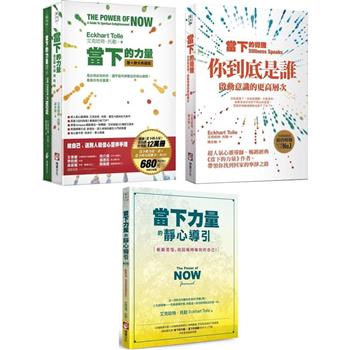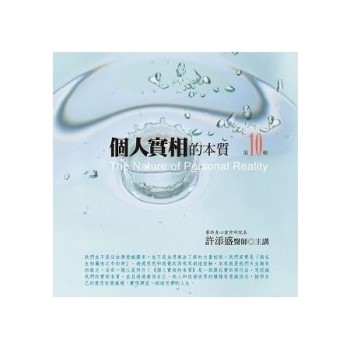Can the world reverse current deterioration of resources and the environment, while at the same time promoting a better quality of life for all? Experts in various areas of environmental research and policy here offer a broad overview of the state of the world's threatened resources and, drawing on evidence from recent experiences in many countries, propose realistic and politically practical corrective measures.
The essays, written by such authorities as Robert Dorfman, Amulya K. N. Reddy, Stephen Schneider, Roger Revelle, and Janos Hrabovszky, range from discussions on the environmental implications of present economic trends to ways in which we can improve energy efficiency in transportation, housing, industry, and agriculture; from evaluations of mechanism that would control atmospheric pollution on an international level to the contribution of mari-culture to the ocean's productive potential. Describing the effects their recommended changes might have on high-income, middle-income, and poor countries, the authors conclude by analyzing obstacles to implementing their agenda, proposing institutional changes, crosscutting reforms, methods form compensating losers or distributing gains, and ways of generating political and popular support.
These essays formed the basis for discussion by international experts at the influential Global Possible Conference, sponsored by the World Resources Institute in May, 1984.
| FindBook |
有 1 項符合
The Global Possible的圖書 |
 |
The Global Possible 作者:Repetto 出版社:Yale University Press 出版日期:1985-01-01 語言:英文 規格:平裝 / 560頁 / 23.1 x 15.2 x 3.3 cm / 普通級 |
| 圖書館借閱 |
| 國家圖書館 | 全國圖書書目資訊網 | 國立公共資訊圖書館 | 電子書服務平台 | MetaCat 跨館整合查詢 |
| 臺北市立圖書館 | 新北市立圖書館 | 基隆市公共圖書館 | 桃園市立圖書館 | 新竹縣公共圖書館 |
| 苗栗縣立圖書館 | 臺中市立圖書館 | 彰化縣公共圖書館 | 南投縣文化局 | 雲林縣公共圖書館 |
| 嘉義縣圖書館 | 臺南市立圖書館 | 高雄市立圖書館 | 屏東縣公共圖書館 | 宜蘭縣公共圖書館 |
| 花蓮縣文化局 | 臺東縣文化處 |
|
|
圖書介紹 - 資料來源:博客來 評分:
圖書名稱:The Global Possible
內容簡介
|








